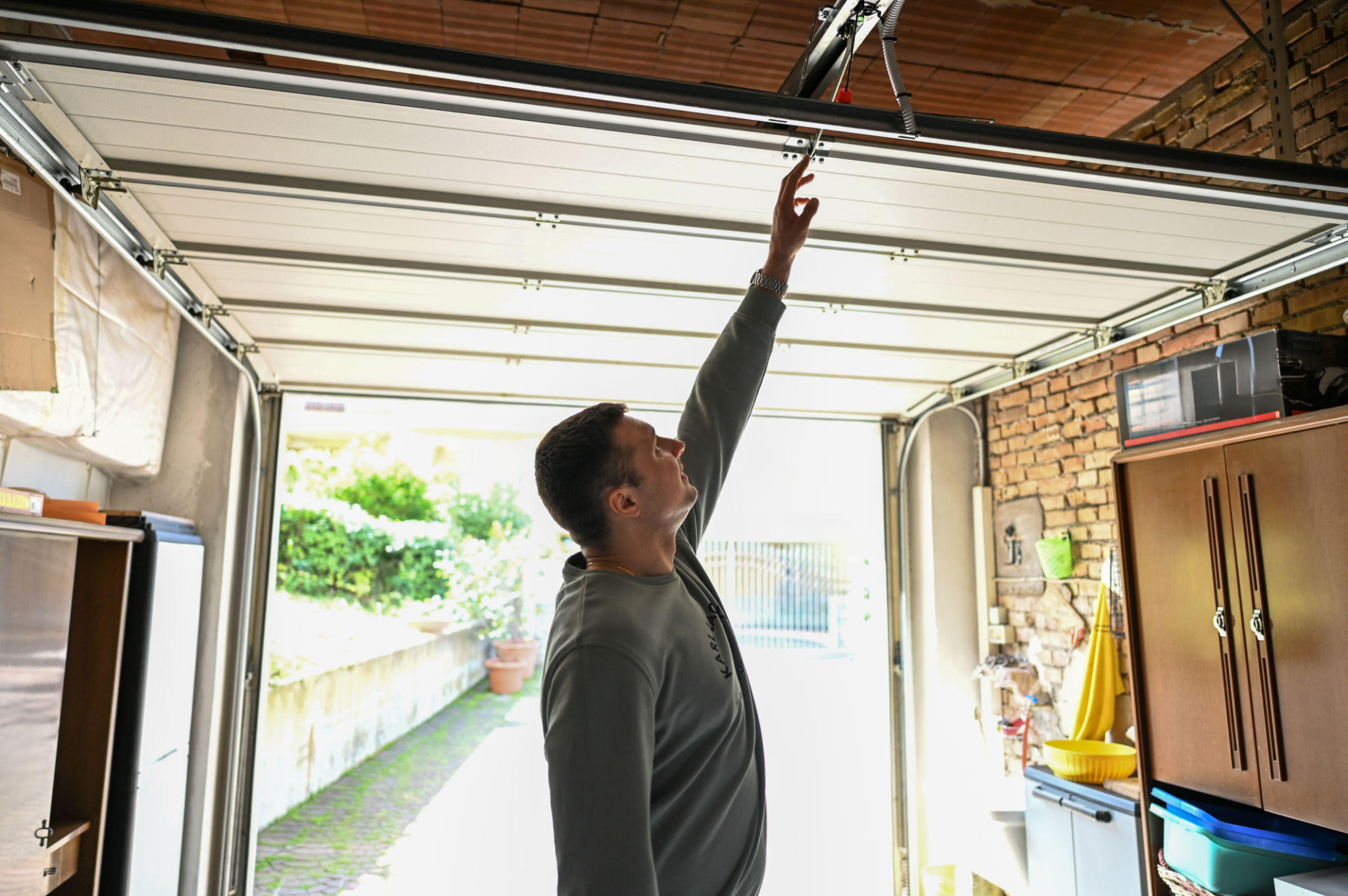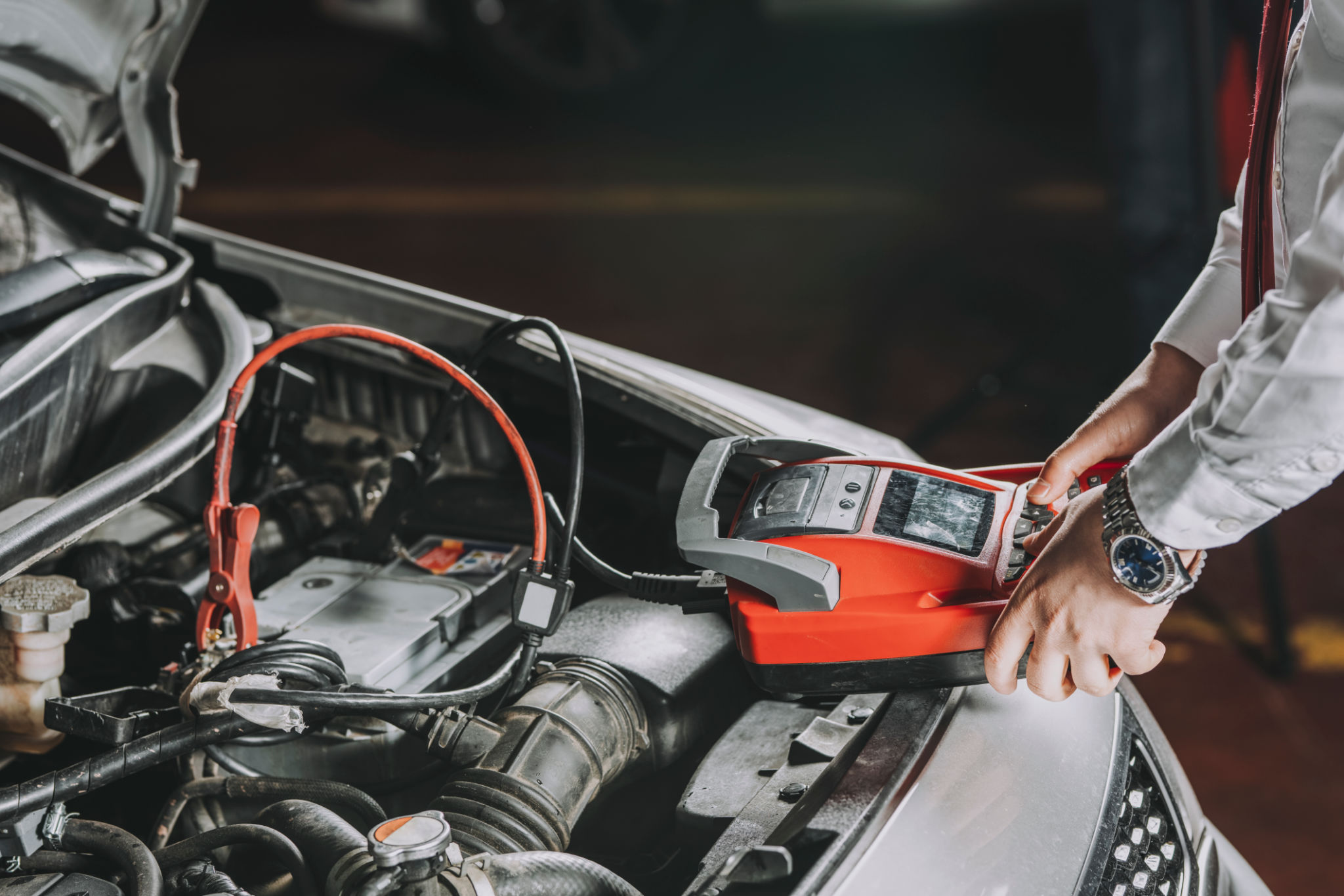DIY Tips for Identifying Brake Issues Before They Become Major Problems
Understanding the Basics of Brake Systems
Your vehicle's brake system is crucial for safety, and understanding its basic components can help you identify potential issues early. The primary components include brake pads, rotors, calipers, and the brake fluid. Each plays a vital role in ensuring your vehicle stops effectively. Regular maintenance and awareness can prevent minor issues from becoming major problems.
Knowing how these parts work together can give you a better sense of what might be going wrong if you notice any changes in your car's braking performance. For example, worn brake pads can lead to damage to rotors and calipers if not addressed promptly.

Listen for Unusual Sounds
One of the first signs of brake issues is unusual noises. If you hear squeaking, squealing, or grinding sounds when you apply the brakes, it's time to investigate. Squeaking might indicate that the brake pads are wearing thin and need replacement, while grinding could mean that the pads are completely worn out and the metal is scraping against the rotors.
These sounds should not be ignored as they can lead to more extensive damage if not addressed promptly. Checking the brake pads for wear and replacing them before they are completely worn out can save you from more costly repairs down the line.

Feel for Changes in Brake Pedal Sensitivity
Another DIY tip for identifying brake issues is to pay attention to how the brake pedal feels under your foot. If you notice that it feels spongy or requires more pressure than usual, there could be air in the brake lines or a problem with the brake fluid. Conversely, if the pedal feels too firm or hard to press, there could be an issue with the brake booster.
Regularly checking and maintaining the proper level of brake fluid can prevent many common issues related to pedal sensitivity. If you suspect a problem with the brake lines, it might be necessary to bleed the brakes to remove any trapped air.
Inspect for Fluid Leaks
Brake fluid is essential for the function of your brakes, and any leaks can lead to a loss of braking power. Inspecting under your vehicle for any signs of fluid leaks is an important part of routine maintenance. Fresh brake fluid is usually clear to light brown in color, so any puddles or wet spots under your car could indicate a leak.
If you discover a leak, it's crucial to address it immediately. Brake fluid leaks can result from worn seals or damaged brake lines and should be repaired by a professional to ensure your safety on the road.

Monitor Your Vehicle's Performance
Your vehicle's performance can also provide clues about potential brake problems. If you notice that your car pulls to one side when braking, it might indicate uneven wear on the brake pads or issues with the calipers. Additionally, vibrations in the steering wheel or brake pedal during braking can suggest warped rotors.
These symptoms are not only inconvenient but also dangerous, as they affect your ability to control the vehicle effectively. Regularly rotating your tires and ensuring even wear on brake components can help mitigate these issues.

Keep Track of Warning Lights
Modern vehicles are equipped with advanced diagnostic systems that alert drivers to potential issues. If your car's dashboard displays a brake warning light, it’s important to investigate the cause immediately. This light could indicate low brake fluid levels, worn pads, or other underlying problems that require attention.
Ignoring these warning lights can lead to serious braking issues that compromise your safety. Always consult your vehicle’s manual to understand what each warning light means and take appropriate action when one appears.
The Importance of Regular Maintenance
Regular maintenance is key to preventing major brake issues. Scheduling routine inspections with a trusted mechanic can help identify potential problems before they become serious. During these inspections, professionals can check the thickness of your brake pads, assess rotor condition, and ensure that all components are working properly.
By staying proactive with maintenance, you not only enhance your vehicle's safety but also extend its lifespan, saving money in the long run. Regular check-ups and prompt attention to any signs of trouble keep your brakes in optimal condition.
